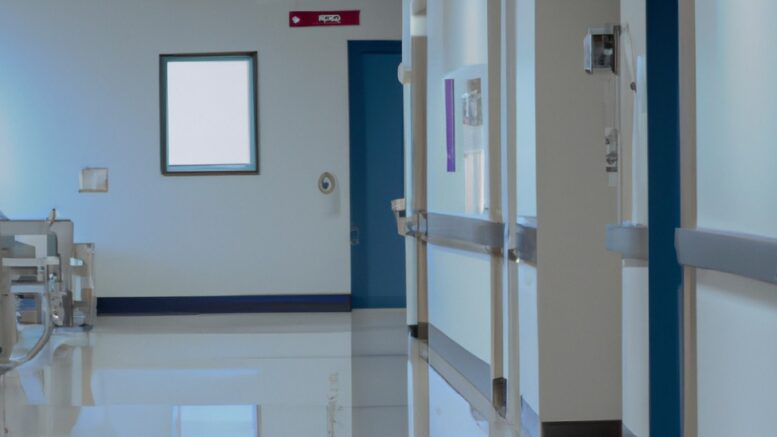In mental health treatments, partial hospitalization is a crucial step for people facing issues with their well-being or addiction. It is a special mental health treatment program that acts as a bridge between inpatient and outpatient care. This is a great option for people if they want to enjoy their independent lives and, at the same time, continue with their mental health treatment. Partial hospitalization programs are structured and supportive. So let’s explore this topic in detail and why this is a valuable option in mental health care.
Understanding Partial Hospitalization
Partial hospitalization, also called PHP in short, is a mental health program that is very structured. Its concept is simple: for people who need more help than regular outpatient care but don’t need support 24/7 partial hospitalization programs are the best treatment plan for them.
These programs are particularly for those individuals who are going through a severe mental health battle with addiction. Depression or bipolar disorders are some of the mental health issues that need regular attention and require PHP for better treatment.
Some Key Components of Partial Hospitalization
1. Structured Programming:
Partial hospitalization programs include all daily schedules, therapeutic activities, group therapy sessions, individual counseling, and educational components. With these activities it becomes easier to point out different aspects of mental health, which also provides individuals with coping skills.
2. Group Therapy:
Group therapy makes this program interesting, as you can share your experiences with people who are on the same page as you. As we take group therapy, we also meet peers and learn new things from them. Overall, everything in group sessions gives you guidance and support.
3. Individual Counseling:
Talking freely with the counselors is a crucial part of PHP. This. The program allows you to take individual counseling sessions for better treatment and growth. Group therapy has its importance but individual sessions also have their place in partial hospitalization programs. Personalized attention and one-to-one discussion give more understanding of the client’s problems, which in the end helps in tailoring treatment plans.
Support from family and friends is vital but these personalized sessions keep an eye on the real time progress so it’s crucial to have professional help who understands this subject clearly.
4. Medication Management:
Few people who struggle with mental health issues need medicine as well. Counseling is good but few cases are critical and it is crucial to give proper medication in severe cases. So with the partial hospitalization programs, people can get full treatment, like counseling and medication, at the same time.
So many people have this question in mind: Why is partial hospitalization used? For the people who left the hospital not long ago, this step is very essential for them. They can take care of their mental health with this structured partial hospitalization program and also continue to adapt to their daily lives.
It’s optional that all patients need twenty-four hours of care. But it doesn’t mean that the individual doesn’t need intensive treatment. So for a perfect solution, partial hospitalization gives attention to therapeutic interventions and they can also go to their homes in the end. If you need professional help in recovery and want to opt for partial hospitalization programs, then you can visit the partial hospitalization program in Orange County for support.
It’s quite possible that when people get discharged from the hospital, they might trigger something or maybe mental health issues come back again for some reason. They end up coming back to the hospital, and partial hospitalization programs can prevent this. This program keeps a regular eye on the patient to make sure his/her recovery is smooth.
Conclusion
Well, we can conclude that partial hospitalization programs are valuable for people struggling with mental health and addiction. They focus on every single problem—addiction, physical health, or mental health—to ensure a full recovery for the patients. When the patient gets overall support, the chances of recovery increase tremendously.
Partial hospitalization programs have one-on-one support from experts. This is a great advantage for individuals who are introverted and can’t get open in group therapy sessions. People who want to avoid the continuous to and fro to the hospital or the patient are uncomfortable in a new environment. They can get a blend of what they need with the help of PHP, which is great for the patients and their families.
